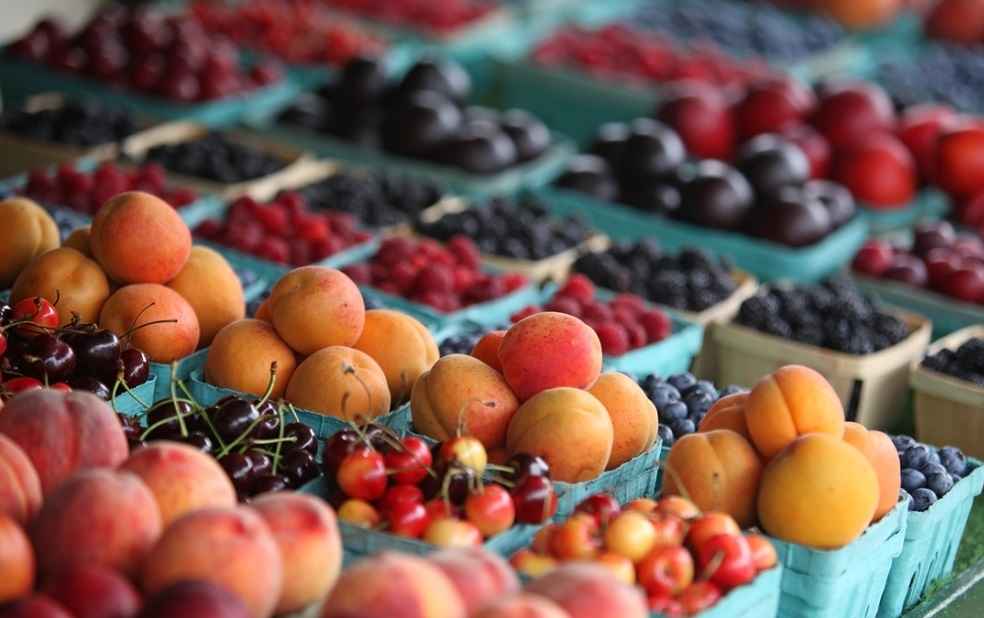Vietnam’s vegetable and fruit imports surged significantly in the first ten months of 2024, reaching nearly $1.87 billion, a 15.7 per cent increase year-on-year, according to data from the General Department of Customs. The growth was driven by higher imports from key suppliers, including the United States, Thailand, and Myanmar, with respective increases of 30 per cent, 31.1 per cent, and 33.1 per cent.
In October alone, Vietnam imported fruits and vegetables worth nearly $211.7 million, reflecting a 30.8 per cent year-on-year increase. China maintained its position as the largest supplier, contributing $794 million during the ten-month period, which accounted for 42.5 per cent of Vietnam’s total imports in the category. While imports from China rose by 21.2 per cent year-on-year, October witnessed a slight decline of 4.6 per cent compared to the previous month.

The United States emerged as Vietnam’s second-largest supplier, with imports valued at $336 million, marking a 30 per cent year-on-year rise and accounting for 18 per cent of total imports. US fruits such as apples, grapes, oranges, cherries, pears, blueberries, peaches, and nectarines have gained popularity among Vietnamese consumers, reflecting the deepening trade relationship between the two nations.
US agricultural exports to Vietnam reached $3.1 billion in 2023, encompassing key products like cotton, soybeans, grains, nuts, wheat, poultry, dairy products, and fresh fruits. Currently, negotiations are underway to officially export three additional US fruit types—tangerines, lemons, and plums—to the Vietnamese market. However, high import tariffs remain a significant barrier, with plums and tangerines facing 20 per cent duties and blueberries 15 per cent.

At the recent 7th Vietnam – US Business Summit, Prime Minister Phạm Minh Chính expressed optimism about the prospect of a bilateral Free Trade Agreement (FTA) between Vietnam and the United States. He emphasised the importance of developing a robust legal framework to enhance economic and trade relations, fostering more favourable conditions for businesses in both countries.
IMEX SECTOR | UK Food Exports to EU Drop $3bn Annually Amid Brexit Barriers



